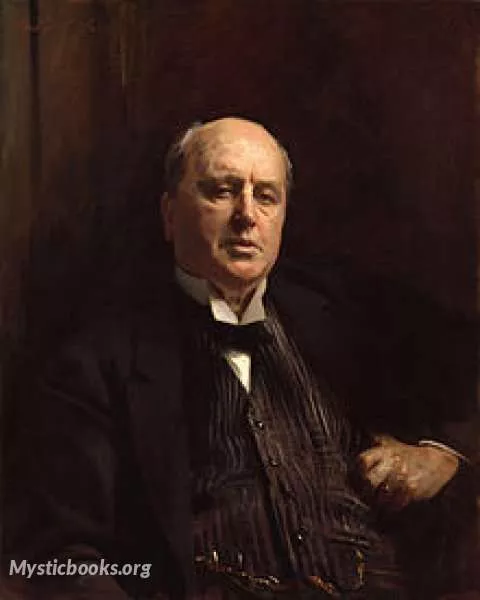
Timeline
Title
Country/Nationality
Henry James
Henry James was born in New York City on April 15, 1843, into a wealthy and intellectually stimulating family. His father, Henry James Sr., was a Swedenborgian philosopher and his mother, Mary Robertson Walsh James, was a talented painter and writer. James had five siblings, including William James, who would become a famous psychologist.
James's early education was eclectic and informal. He was tutored at home by his parents and by private teachers. He also traveled extensively with his family, visiting Europe and other parts of the world. These early experiences helped to shape James's lifelong interest in foreign cultures and his fascination with the relationship between America and Europe.
In 1862, James enrolled at Harvard University, where he studied law. However, he soon realized that law was not his calling. He transferred to the Harvard Divinity School, but left after a year without graduating.
After leaving Harvard, James decided to pursue a career in writing. He began by publishing short stories and essays in magazines. In 1875, he published his first novel, Roderick Hudson. This was followed by a series of successful novels, including The Portrait of a Lady (1881), The Bostonians (1886), and The Ambassadors (1903).
James's novels are known for their complex characters, intricate plots, and subtle use of symbolism. He was a master of the psychological novel, and his work often explores the inner lives of his characters. James was also a gifted stylist, and his writing is characterized by its elegant prose and its sharp insights into human nature.
In addition to his novels, James also wrote a number of short stories, essays, and travel books. He was also a prolific critic, and his essays on the art of fiction are considered to be among the most important works of literary criticism ever written.
James died in London on February 28, 1916. He is considered to be one of the greatest novelists of the English language.
Influences on James's Life
James's life and work were influenced by a number of factors, including his family background, his education, and his travels.
- Family background: James's family was wealthy and intellectually stimulating. His father was a Swedenborgian philosopher and his mother was a talented painter and writer. James's siblings were also accomplished in their own fields. This early exposure to a variety of intellectual and artistic interests helped to shape James's own worldview and his approach to writing.
- Education: James's education was eclectic and informal. He was tutored at home by his parents and by private teachers. He also traveled extensively with his family, visiting Europe and other parts of the world. These early experiences helped to shape James's lifelong interest in foreign cultures and his fascination with the relationship between America and Europe.
- Travels: James traveled extensively throughout his life. He visited Europe, Asia, and Africa. These travels exposed him to a variety of cultures and helped to broaden his horizons. They also provided him with material for his novels and stories.
James's Work
James's work is known for its complex characters, intricate plots, and subtle use of symbolism. He was a master of the psychological novel, and his work often explores the inner lives of his characters. James was also a gifted stylist, and his writing is characterized by its elegant prose and its sharp insights into human nature.
Some of James's most famous novels include:
- Roderick Hudson (1875)
- The Portrait of a Lady (1881)
- The Bostonians (1886)
- The Ambassadors (1903)
- The Wings of the Dove (1902)
- The Golden Bowl (1904)
James also wrote a number of short stories, essays, and travel books. He was also a prolific critic, and his essays on the art of fiction are considered to be among the most important works of literary criticism ever written.
James's Legacy
James is considered to be one of the greatest novelists of the English language. His work has been praised for its complexity, its psychological insight, and its elegant prose. James's novels continue to be read and studied by scholars and students around the world.
Books by Henry James
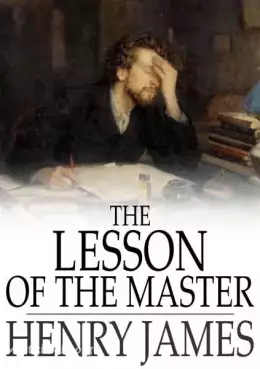
The Lesson of The Master
A promising young writer meets an older man whose works have inspired him, as well as a highly intelligent and attractive young woman, at a gathering in a country house. Anxious to learn all he can from the older writer, the young man seeks his views...
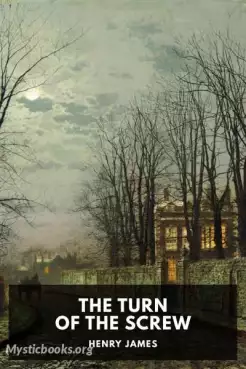
The Turn of the Screw
Christmas Eve. Guests round a fireside begin telling each other ghost stories. One of them relates a true incident involving the governess of his little nephew and niece. Strange events begin to take place, involving the housekeeper, a stranger who p...
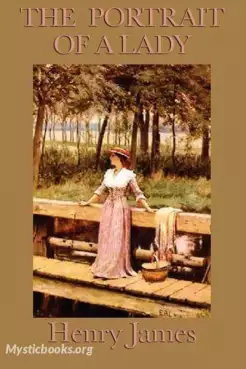
The Portrait of a Lady Vol 1
The Portrait of a Lady is a novel by Henry James, first published as a serial in The Atlantic Monthly and Macmillan's Magazine in 1880–81 and then as a book in 1881. It is one of James's most popular novels and is regarded by critics as one of his fi...
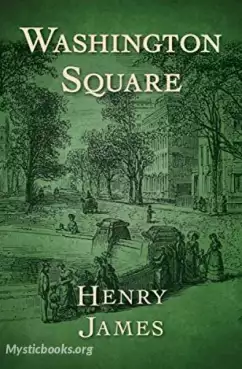
Washington Square
Washington Square is a short novel by Henry James. Originally published in 1880 as a serial in Cornhill Magazine and Harper's New Monthly Magazine, it is a structurally simple tragicomedy that recounts the conflict between a dull but sweet daughter a...
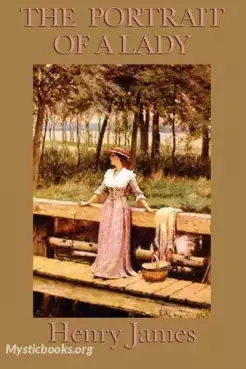
The Portrait of a Lady Vol 2
The Portrait of a Lady is a novel by Henry James, first published as a serial in The Atlantic Monthly and Macmillan's Magazine in 1880–81 and then as a book in 1881. It is one of James's most popular novels and is regarded by critics as one of his fi...
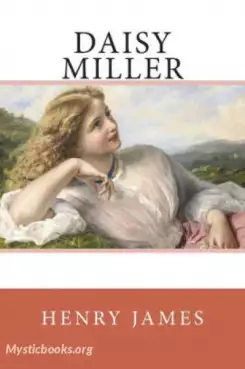
Daisy Miller
Daisy Miller is a novella by Henry James that first appeared in Cornhill Magazine in June–July 1878, and in book form the following year. It portrays the courtship of the beautiful American girl Daisy Miller by Winterbourne, a sophisticated compatrio...
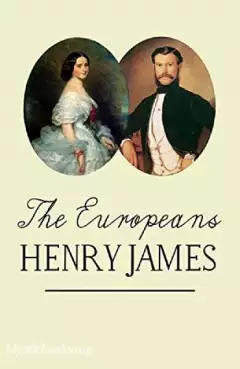
The Europeans
The Europeans: A sketch is a short novel by Henry James, published in 1878. It is essentially a comedy contrasting the behaviour and attitudes of two visitors from Europe with those of their relatives living in the 'new' world of New England. The nov...

The Jolly Corner
"The Jolly Corner" is a short story by Henry James published first in the magazine The English Review of December 1908. One of James' most noted ghost stories, "The Jolly Corner" describes the adventures of Spencer Brydon as he prowls the now-empty N...

The Beast in the Jungle
The Beast in the Jungle is a 1903 novella by Henry James, first published as part of the collection, The Better Sort. Almost universally considered one of James' finest short narratives, this story treats appropriately universal themes: loneliness, f...
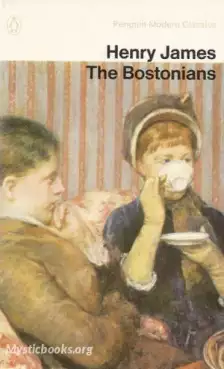
The Bostonians
The Bostonians is a novel by Henry James, first published as a serial in The Century Magazine in 1885–1886 and then as a book in 1886. This bittersweet tragicomedy centres on an odd triangle of characters: Basil Ransom, a political conservative from...
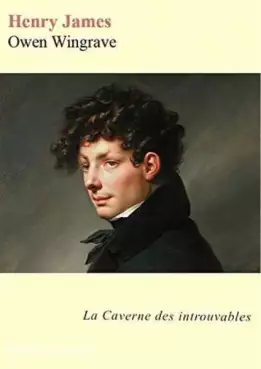
Owen Wingrave
A young man of good family with a long distinguished military tradition indicates that he will not follow his ancestors' path into the army. Dire results ensue. Benjamin Britten in 1970 wrote an opera based on this story.
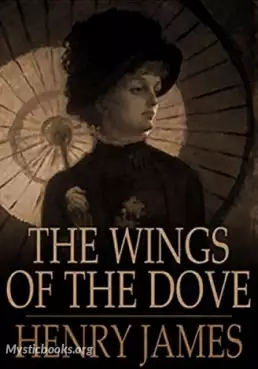
The Wings of the Dove, Volume 1
The Wings of the Dove is a 1902 novel by Henry James. It tells the story of Milly Theale, an American heiress stricken with a serious disease, and her effect on the people around her. Some of these people befriend Milly with honourable motives, while...
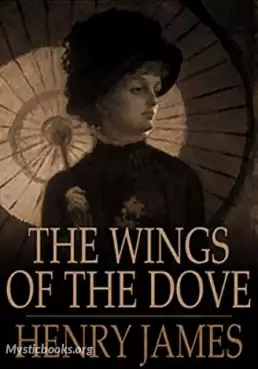
The Wings of the Dove, Volume 2
The Wings of the Dove is a 1902 novel by Henry James. It tells the story of Milly Theale, an American heiress stricken with a serious disease, and her effect on the people around her. Some of these people befriend Milly with honourable motives, while...
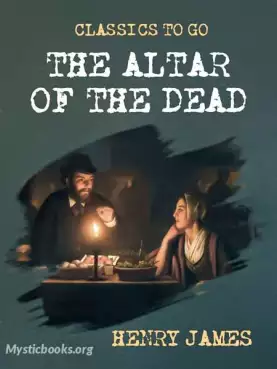
The Altar of the Dead
"The Altar of the Dead" is a short story by Henry James, first published in his collection Terminations in 1895. A fable of literally life and death significance, the story explores how the protagonist tries to keep the remembrance of his dead friend...
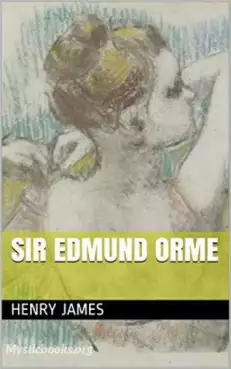
Sir Edmund Orme
Henry James wrote a number of ghost stories -- The Turn of the Screw being the most famous. Did he believe in ghosts himself, as did many of his contemporaries? It's generally possible to find earthly interpretations, Freudian and other, for his ghos...
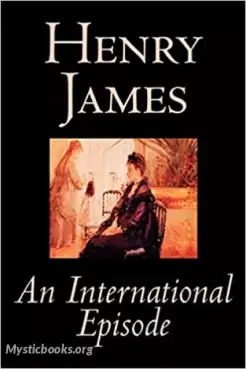
An International Episode
Two men visiting the US from London meet a pair of charming women who return the visit the following year in London. Romantic intrigues, miscommunication and cultural faux pas abound in this short but delightful novel.
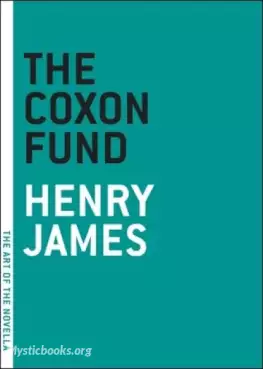
The Coxon Fund
The story revolves around Saltram and a group of people who are fascinated by him. Ruth Anvoy, a young American woman with a wealthy father, comes to Britain to visit her widowed aunt Lady Coxon. There she meets George Gravener, a man with a real int...
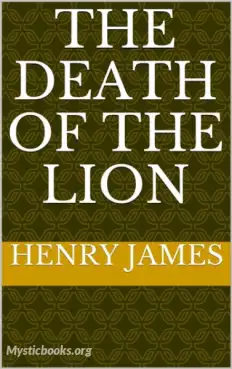
The Death of the Lion
This short novel is a black comedy about fame, manipulation, pretension, and surviving it all. The narrator, a reprehensible and seedy journalist, sets out to interview a minor author, and in his own quest for glory, turns the author into the celebri...
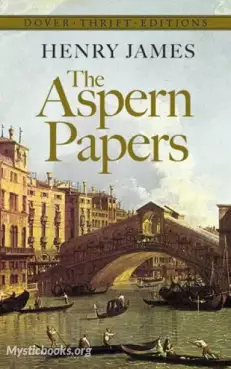
The Aspern Papers
A nameless narrator goes to Venice to find Juliana Bordereau, an old lover of Jeffrey Aspern, a famous and now dead American poet. The narrator presents himself to the old woman as a prospective lodger and is prepared to court her niece Miss Tita (re...
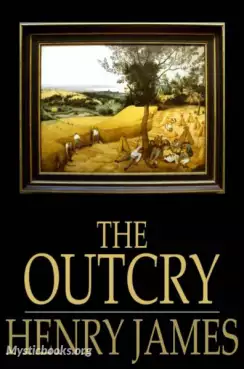
The Outcry
To cover the gambling debts of his daughter Kitty Imber, the widowed Lord Theign is planning to sell his beautiful painting Duchess of Waterbridge by Sir Joshua Reynolds to American billionaire Breckenridge Bender. Hugh Crimble, a young art critic, a...
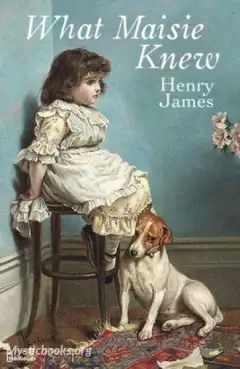
What Maisie Knew
When Beale and Ida Farange are divorced, the court decrees that their only child, the very young Maisie, will shuttle back and forth between them, spending six months of the year with each. The parents are immoral and frivolous, and they use Maisie t...
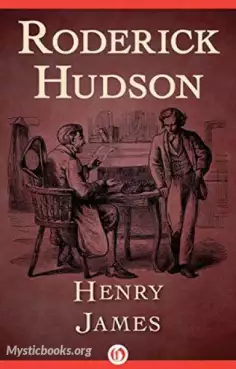
Roderick Hudson
Rowland Mallet, a wealthy Bostonian bachelor and art connoisseur, visits his cousin Cecilia in Northampton, Massachusetts, before leaving for Europe. There he sees a Grecian figure he thinks is a remarkable work of art. Cecilia introduces him to the...
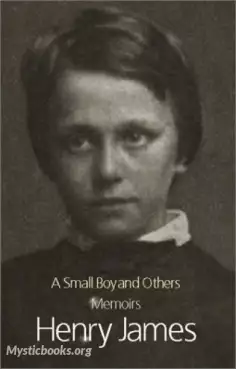
A Small Boy and Others
A Small Boy and Others is a book of autobiography by Henry James published in 1913. The book covers James's earliest years and discusses his intellectually active family, his intermittent schooling, and his first trips to Europe.
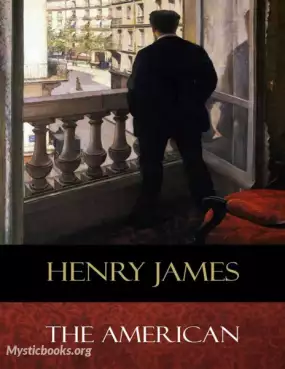
The American
In 1868, Christopher Newman, an American businessman, visits Europe on a Grand Tour. Having worked for a living since age ten (interrupted by service in the Union Army during the American Civil War), he has made a large fortune and retired in his thi...
Showing 1 to 24 of 68 results